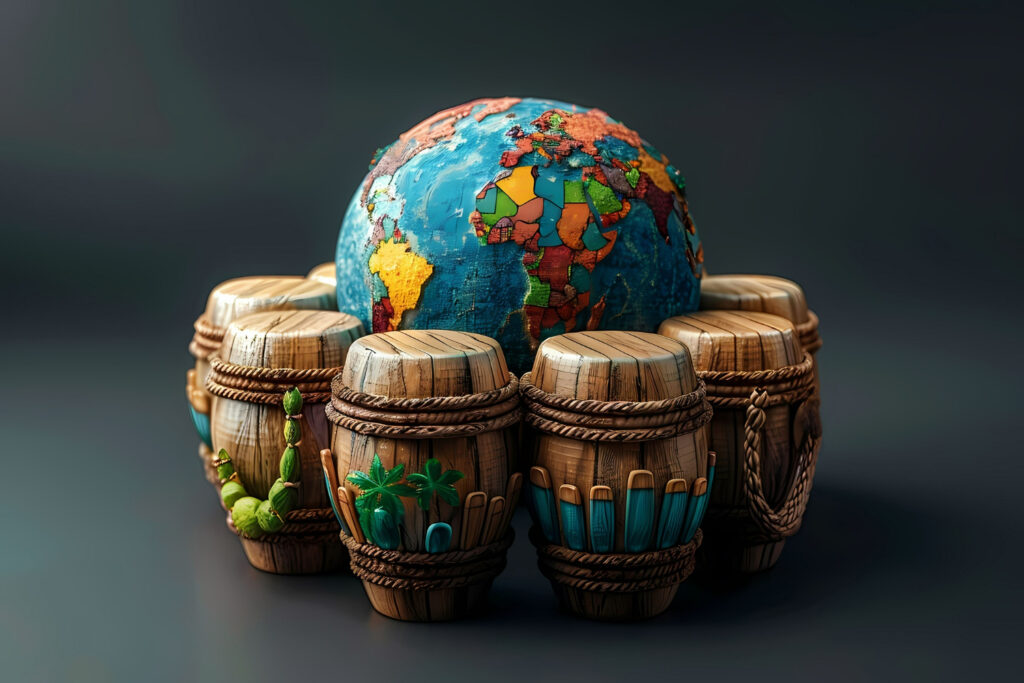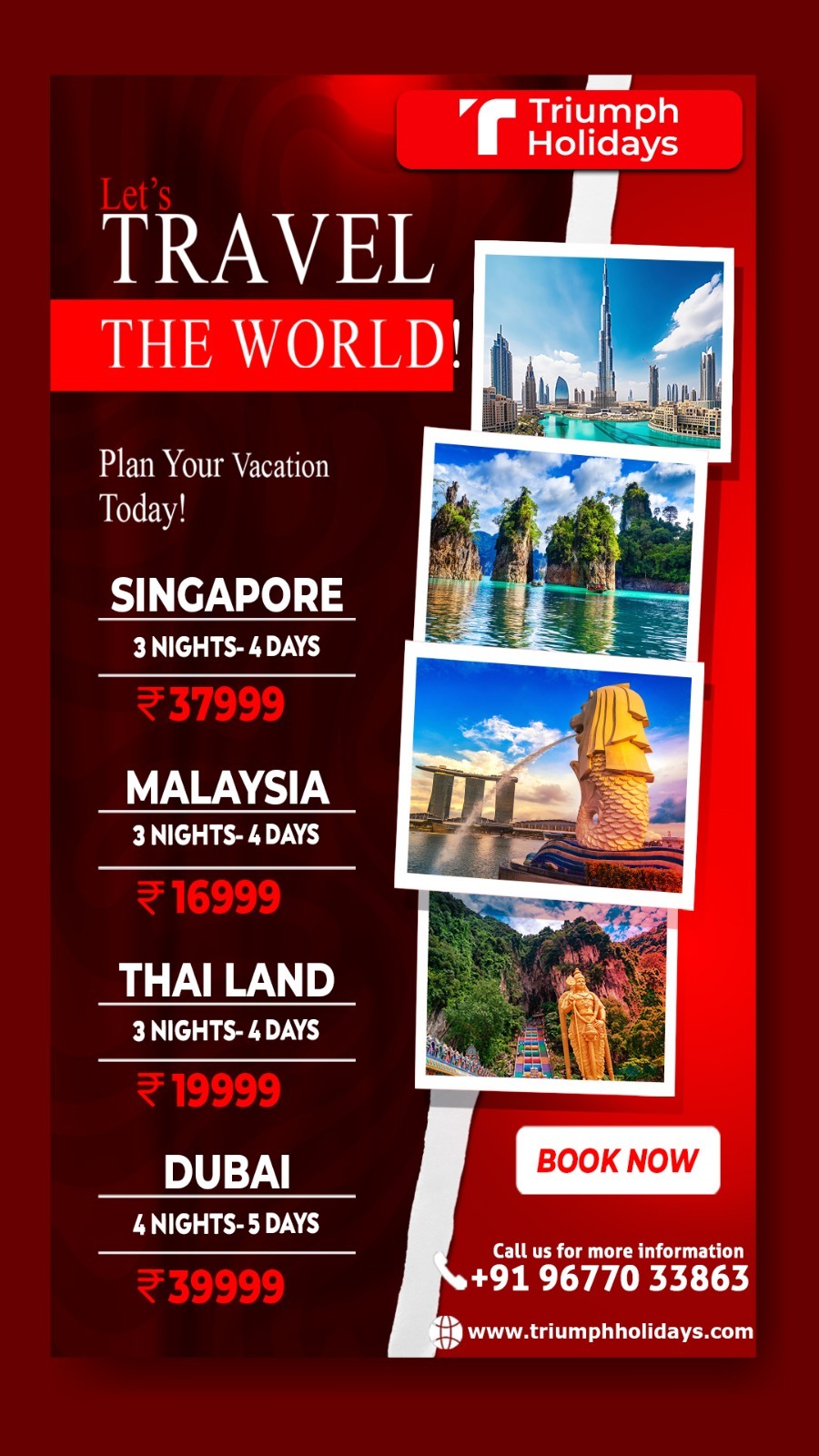Holidays are celebrated in myriad ways across cultures, each with its own unique traditions that reflect the values, beliefs, and history of the people who observe them. Here’s a glimpse into some fascinating holiday traditions from around the world:
1. Diwali – Festival of Lights (India)
Diwali, also known as Deepavali, is one of the most significant festivals in India, celebrated by Hindus, Sikhs, Jains, and Buddhists alike. Lasting for five days, Diwali signifies the victory of light over darkness and good over evil. Homes are adorned with colorful rangoli (artwork) and lit up with diyas (oil lamps), symbolizing the triumph of light over darkness. Families come together to exchange gifts, share sweets, and offer prayers to Lakshmi, the goddess of wealth and prosperity.
2. Hanukkah – Festival of Lights (Jewish Tradition)
Hanukkah, an eight-day Jewish festival, commemorates the rededication of the Second Temple in Jerusalem during the Maccabean Revolt against the Seleucid Empire. Central to Hanukkah celebrations is the lighting of the menorah, a nine-branched candelabrum, with one additional candle lit each night. Families gather to sing songs, play the dreidel game, and enjoy traditional foods like latkes (potato pancakes) and sufganiyot (jelly-filled donuts), symbolizing the miracle of the oil that burned for eight days.
3. Las Posadas (Mexico and Latin America)
Las Posadas, meaning “the inns” or “the lodgings” in Spanish, is a nine-day celebration leading up to Christmas in Mexico and other Latin American countries. This tradition reenacts Mary and Joseph’s journey to Bethlehem in search of shelter before the birth of Jesus. Each night, a procession travels from house to house, led by children carrying candles and images of Mary and Joseph. The evening ends with prayers, piñata-breaking, and feasting on traditional foods like tamales and atole.
4. Songkran (Thailand)
Songkran is the Thai New Year festival, celebrated from April 13th to 15th each year. It marks the beginning of the traditional Thai solar calendar and is observed with water splashing, symbolizing cleansing and purification. People visit temples to offer prayers and food to monks, pour water over Buddha statues for good luck, and pay respects to elders by sprinkling scented water on their hands. In recent years, Songkran has transformed into a nationwide water fight, blending traditional rituals with modern festivities.
These holiday traditions not only enrich the cultural tapestry of their respective societies but also offer valuable lessons in unity, gratitude, and the enduring human spirit. Whether through lighting lamps, sharing festive meals, or participating in communal rituals, these celebrations remind us of the universal desire to connect, celebrate life, and honor our shared heritage.



